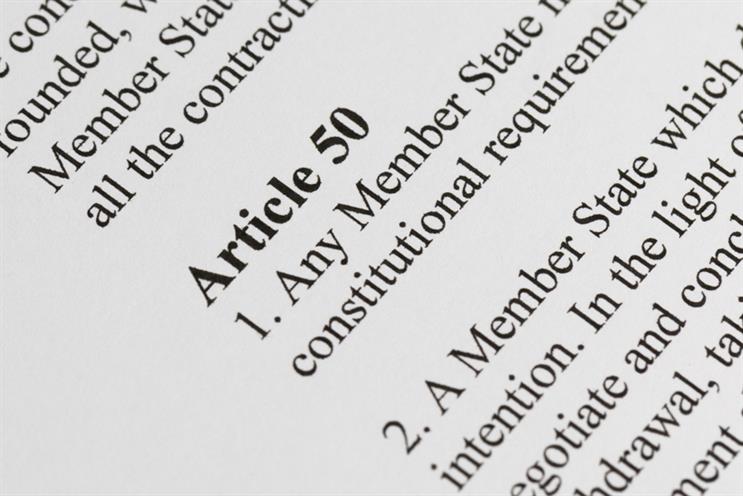"Divisions in Westminster will risk our ability to make a success of Brexit," said Theresa May on the steps of Downing Street as she set out her case for calling a surprise General Election. So, Brexit provides the rationale for the snap election that Mrs May had repeatedly told the country she would not call.
Brexit also forms the basis for her rallying cry designed to unite a disparate nation. Although one of the key lessons from last year’s referendum was the sheer extent of our division, she asserted on Tuesday that "the country is now coming together".
Our work at BritainThinks provides some evidence to support this claim. The Brexit Diaries project, whereby 100 citizens – 48 of whom voted remain and 52 who voted leave, kept regular diaries in the run-up to the triggering of Article 50 – shows that while there are hardened viewpoints on either side: we call them the "die-hards" (passionate leavers) and the "devastated pessimists" (passionate remainers), a large and significant grouping hold more moderate perspectives: labelled "cautious optimists" and "accepting pragmatists".
67% of the population - now either actively embrace leaving Europe, or reluctantly accept leaving
Of these four distinct segments, a majority - 67% of the population - now either actively embrace leaving Europe, or reluctantly accept leaving. All 67% say they want "the best Brexit for Britain", although they may struggle to reach a clear consensus about what "best" would actually look like.
Voters are, however, in agreement about which leader is best placed to deliver that best Brexit. Three out of four of our Brexit Diary segments – all but the 30% who make up the "devastated pessimists" group told us that Theresa May was doing a good job: making the best of a difficult hand pre-Article 50. Mrs May’s performance so far on Brexit had enhanced her status as a leader, which is another reason for framing the election in this way.
"She seems trustworthy and thoughtful," observed one "cautious optimist", while a "die-hard" believed she would "take account of what people want and stay calm". By contrast, Jeremy Corbyn holds no appeal with any of the four groups. Many are confused about his views on Brexit "is he for it or against it?", and even those who feel they do understand his position bemoan a lack of conviction. Given that quality of leadership is a key driver in determining vote choice, Brexit proves particularly useful to the Conservatives in highlighting these crucial differences.
An early read from focus groups last night shows how well this is working. Swing voters told us that the election was all about, "Who is going to be the strongest leader and who will get the best deal for us?" Even more encouraging for May, another commented: "This is no time for a coalition – we need a government with a big majority to go into the negotiations." Little surprise then, that Corbyn seems keen to shift the election spotlight onto his party’s comfort zone of public services, especially schools and hospitals. However, as the Liberal Democrats and most of the media enthusiastically embrace May’s chosen campaign frame, Labour, trailing desperately in the polls, will have to fight for survival in the Brexit election battleground.
Deborah Mattinson is the founder of BritainThinks


